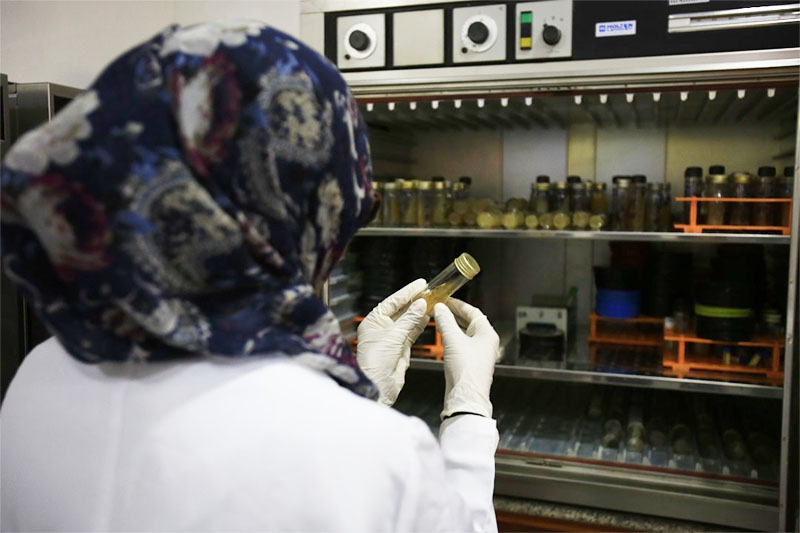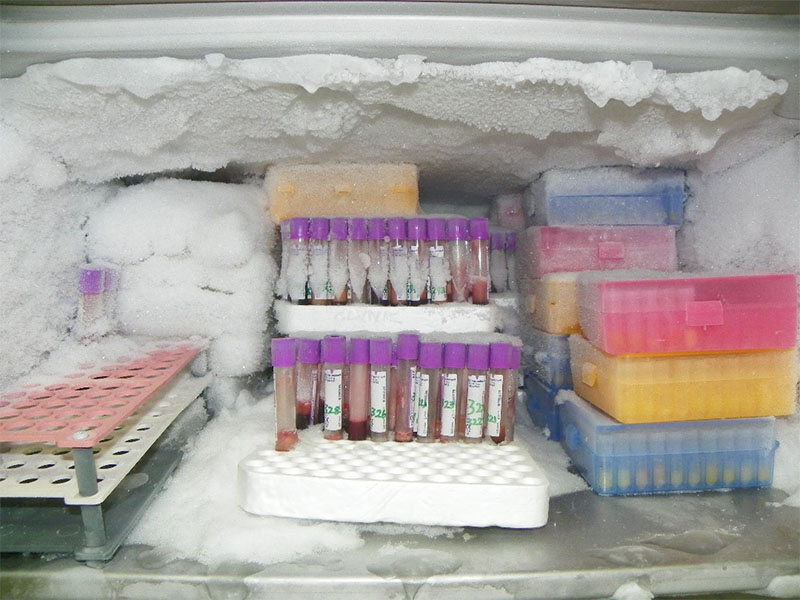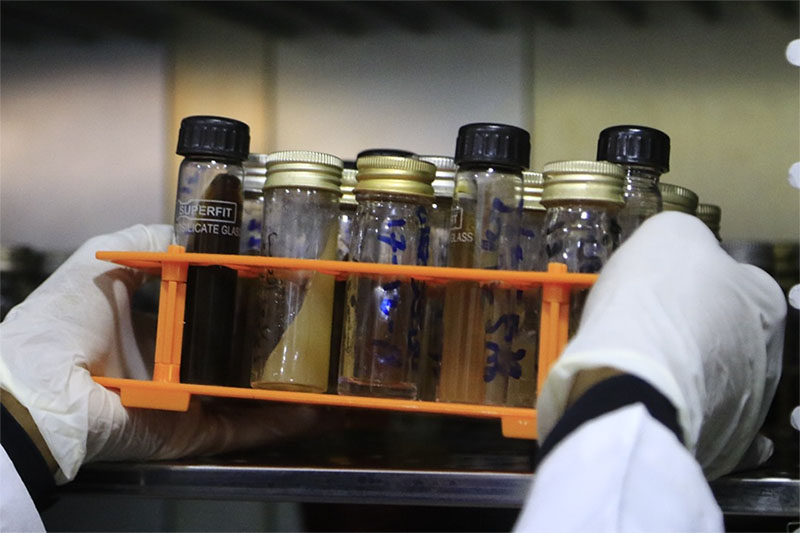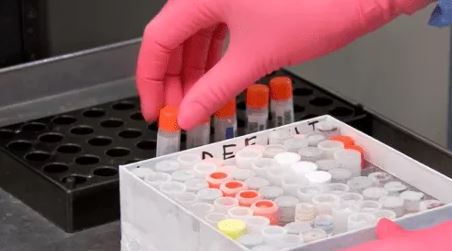The Mycetoma Research Center Biobank
 It plays a critical role in the realm of medical research, functioning as a vital repository that has amassed a diverse collection of biological materials over the past three decades. Its extensive and meticulously curated inventory serves as a foundational resource for researchers worldwide. It facilitates the development of new treatments, diagnostics, and vaccines, while significantly contributing to the broader understanding of complex biomedical challenges, particularly those related to mycetoma and other neglected tropical diseases.
It plays a critical role in the realm of medical research, functioning as a vital repository that has amassed a diverse collection of biological materials over the past three decades. Its extensive and meticulously curated inventory serves as a foundational resource for researchers worldwide. It facilitates the development of new treatments, diagnostics, and vaccines, while significantly contributing to the broader understanding of complex biomedical challenges, particularly those related to mycetoma and other neglected tropical diseases.
Comprehensive Collection and Management of Biological Materials
The MRC Biobank collection is comprehensive, encompassing a wide range of biological specimens. These include human tissues, blood, sera, and urine samples, which are critical for studying a variety of physiological and pathological conditions. Additionally, it houses histopathological tissue blocks and slides, providing researchers with invaluable insights into disease morphology and progression. The biobank also stores isolates of fungi and bacteria, which are particularly crucial for research on infectious diseases, enabling the study of pathogen diversity, resistance patterns, and potential therapeutic targets.
All materials are preserved under carefully controlled conditions tailored to the specific needs of each type of sample. This includes the use of cryogenic storage for tissues and sera, ensuring that they remain viable and suitable for various types of biomedical analyses, from molecular biology to microbiological studies. Such precision in storage conditions ensures the long-term integrity of samples, making them a reliable resource for future research endeavours.

Ethical Standards and Privacy Protections
A cornerstone of the MRC Biobank operations is its unwavering commitment to ethical standards and privacy protections. The biobank operates under strict guidelines that govern the handling, storage, and dissemination of biological materials and their associated data. These measures ensure that the rights and privacy of individuals who have contributed samples are fully respected. Personal and health-related information associated with each sample is treated with the highest level of confidentiality, in compliance with international ethical standards and local regulations.
Furthermore, the biobank has established protocols for obtaining informed consent from donors, ensuring transparency regarding the intended use of samples in future research. This careful approach enables the biobank to maintain public trust, which is essential for the continued collection of samples and the advancement of medical research.

Facilitating Research Collaboration and Innovation
The MRC Biobank is more than just a repository; it is a collaborative hub that fosters partnerships with academic institutions, research centers, and pharmaceutical companies. Researchers seeking access to the biobank’s materials and databases must adhere to a set of governing principles and policies. These guidelines are designed to ensure that the use of samples aligns with the biobank mission to advance medical knowledge while respecting ethical considerations.
Through these collaborations, the biobank provides researchers with access to unique and well-characterized samples, enabling studies that might not otherwise be possible. This includes investigations into disease mechanisms, drug efficacy, and vaccine development, as well as the identification of potential biomarkers for early diagnosis and prognosis. By offering such resources, the biobank plays a critical role in accelerating the pace of scientific discovery and translating research findings into clinical applications.

Impact on Global Health and Biomedical Research
The significance of the MRC Biobank extends beyond the local context, as it contributes to the global effort to combat mycetoma and other neglected tropical diseases. The availability of well-preserved and thoroughly catalogued biological materials has enabled researchers to make strides in understanding these complex conditions, which often affect some of the world most vulnerable populations. This, in turn, supports efforts to develop more effective treatment regimens and preventive measures.
Moreover, the biobank focus on neglected diseases ensures that research is directed toward conditions that have historically received less attention and funding, thereby addressing critical gaps in global health. By providing a platform for high-quality research, the MRC Biobank not only enhances knowledge but also supports the broader goals of health equity and the development of medical solutions that benefit underserved communities.
- Standard Operating Procedures, Mycetoma Grains Collection, Transportation, and Storage
- The Biobank Samples Utility Standard Operating Procedure
- Biobank sample storage SOP
- Grains Storage SOPs
- Biological Material Transfer and Exchanges SOPs
- MRC samples Ouwership SOPs
- Material Transfer Agreement
- The Biobank Sample Procurement – Request Form
- Appeal to Rescue The Mycetoma Biobank
